What foods/supplements are good for painful sex & recurrent UTIs?
What causes painful sex?
Painful sex, or dyspareunia, is most commonly caused by vaginal atrophy. It is also called atrophic vaginitis. It is thinning, drying, and inflammation of the vaginal walls. It may occur naturally after menopause when you get older and your body has reduced estrogen. It may also occur artificially due to surgery like hysterectomy, treatment for breast cancer, or pelvic radiation for cancers in the pelvis.
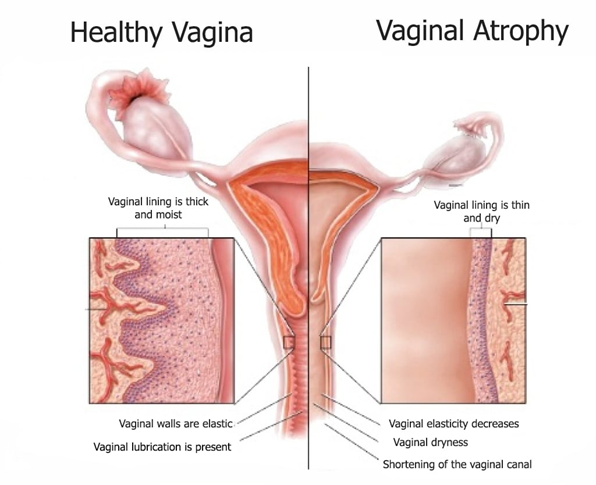
Changes associated with vaginal atrophy
Vaginal atrophy results in three major changes:
• Vaginal dryness
• Tissue shrinkage
• Decreased elasticity
Discomforts caused by vaginal atrophy
Vaginal atrophy may make intercourse painful and cause uncomfortable urinary symptoms, like the chronic urinary tract infections (UTIs).
Major discomforts may include:
• Vaginal dryness, burning, and/or itching
• Vaginal discharge
• Burning or urgency with urination
• Frequent urination
• Recurrent UTIs
• Urinary incontinence
• Light bleeding after intercourse
• Painful intercourse
• Shortening and tightening of the vaginal canal
Since vaginal atrophy causes both painful sex and recurrent UTI symptoms, foods and/or supplements that prevent vaginal atrophy can also prevent painful sex and recurrent UTIs.
How vaginal atrophy is treated?
Currently, three types of methods are used to treat vaginal atrophy. One type includes estrogen and its derivatives. The second type includes energy-based devices like Mona Lisa Touch. NeuEve is a third and new type of treatment.
Estrogen heals vaginal atrophy by binding to estrogen receptors to stimulate the growth of the atrophied vaginal tissue. The trade-off is that it increases the risk of breast, ovary and uterine cancers.

MonaLisa Touch heals vaginal atrophy by creating micro-wounds deep inside the tissue with a laser gun. The micro-wounds inside the tissue trigger a wound-healing event. The event stimulates growth factors to achieve reversal of vaginal atrophy.

NeuEve heals vaginal atrophy by nutritional supplements, like calcium and vitamin D for bones. Due to nutrients starvation, the vaginal tissue shrinks (becomes atrophic). Supplementing nutrients to the starved tissue can reverse its atrophy. Unlike the common route of nutritional supplement by oral ingestion, NeuEve directly delivers nutrients to nourish the atrophied vaginal tissue like applying a nutrient serum to smooth wrinkles on the face.
There are also lubes and jellies, but these products are for easing symptoms by providing temporary lubrication. They do not relieve vaginal atrophy.
Can dietary supplement help relieve vaginal atrophy?
Yes. It can. It may work well when combined with topical nutritional supplement with NeuEve.
Let us use a well-known example, osteoporosis, to explain it.
After menopause, women often develop osteoporosis, the reduction of bone density. The cause is reduced calcium uptake and collagen synthesis. Because estrogen can boost calcium uptake, one way to prevent osteoporosis is to take estrogen supplement. But it is not effective if calcium and collagen in the diet are low. Estrogen also increases the risk of breast cancer.
Another method to prevent osteoporosis is taking calcium, vitamins D3 & K2, and collagen supplement. It is more effective than supplementing estrogen because it provides needed nutrients for bones directly in a sufficient amount. It is also safer because it has no cancer risk. Therefore, most women take calcium, vitamins D3-K2, and collagen to prevent osteoporosis.
Some people do not know that collagen is also a major component of bones. It serves as the scaffold for bone structure. If one takes only calcium without supplementing collagen, the effect of calcium supplement may be limited. Without collagen, calcium does not deposit into bones.

Likewise, after menopause, women often develop vaginal atrophy. The cause is a lack of nutrient supply to the vaginal tissue. Estrogen supplement can boost nutrient uptake to reverse vaginal atrophy, but it increases the risk for breast cancer. Dietary supplement can also work, but it has not been widely used due to a lack of knowledge and available products.
Route of nutritional supplement
Unlike bones that are inside the body, the vaginal lining skin is on the surface. Nutrients can be provided both topically and by ingestion. Small molecule nutrients can be directly absorbed by the skin. For example, NeuEve products are specially formulated to delivery nutrients topically to the vaginal tissue, like a wrinkle cream applied to the facial skin. Large molecule nutrients like collagen proteins cannot pass the skin barrier. They can be taken as a dietary supplement.

Dietary supplements good for atrophied vaginal tissue
Many nutrients are good for women over 50. But what specific nutrients prevent vaginal atrophy? Because vaginal atrophy results in three major changes in the vaginal tissue: dryness, shrinkage, and reduction of elasticity, specific nutrients can be divided into three groups.
1) Calcium – the nutrient helps relieve vaginal dryness
Dryness is caused by reduced self-lubrication by mucus secretion. Glands located in the cervix and the entrance of your vagina (Skene’s glands and Bartholin glands) secrete mucus that lubricates and protects the vaginal tissue. Secretion of these glands are regulated by calcium.


However, there are no glands inside the vaginal tract. The vaginal lubrication is not from glands but from a transudative fluid. When a woman is aroused, her blood pressure pushes fluid from the capillary blood vessels through spaces between cells to seep out. This process requires blood vessel dilation, which needs calcium.
After menopause, if a woman develops osteoporosis, she is calcium deficient not only in bones but also in the blood and tissues. As a result, her gland secretion and vaginal transudative fluid reduce, showing vaginal dryness. Likewise, vaginal dryness may be an indication of osteoporosis. A bone density X-ray can confirm it.

Therefore, the most important nutrient for dietary supplement to relieve vaginal dryness is calcium. Since vaginal atrophy and osteoporosis may occur simultaneously, it is better to manage them together.
For optimal bone and muscle support, particularly for the pelvic floor, a common and balanced ratio of calcium, magnesium, and zinc in dietary supplements is as follows:
1. Calcium: Magnesium - 2:1 Ratio
This 2:1 ratio of calcium to magnesium is generally recommended for optimal absorption and to support muscle and bone health. Calcium is crucial for bone density, while magnesium helps with muscle relaxation, reducing cramps, and supporting calcium absorption.
2. Calcium: Zinc - 10:1 Ratio
A 10:1 ratio of calcium to zinc is a common standard. Zinc plays a supportive role in bone formation and repair and is essential for tissue growth and immune support, especially beneficial for strengthening the pelvic floor.
Suggested Daily Dosages:
A typical daily combination that maintains these ratios would look like this:
- Calcium: 500–1,000 mg
- Magnesium: 250–500 mg
- Zinc: 10–15 mg
Important Considerations:
- Vitamin D: Adding 1,000–2,000 IU of vitamin D can significantly improve calcium absorption and bone health, as it helps the body use calcium effectively.
- Timing and Absorption: Calcium and magnesium can sometimes compete for absorption, so consider taking them at different times of the day if possible. Zinc, when taken in appropriate doses (not exceeding 15 mg daily unless otherwise advised), works well with calcium and magnesium.
- Forms of Minerals: Use forms that are well-absorbed, such as calcium citrate, magnesium glycinate or citrate, and zinc picolinate or citrate.
These ratios and dosages offer a balanced approach for strengthening bones and supporting pelvic floor muscle health, while also minimizing potential digestive discomfort from magnesium or zinc.
Additionally, taking vitamins D3 and K2 can promote uptake and distribution of the ingested calcium, respectively.
In addition to vitamin D3, vitamin K2 has recently emerged as a new player in the treatment and prevention of postmenopausal osteoporosis and reversal of wrinkles.

Therefore, calcium, vitamins D3 and K2 pills and collagen are the most important dietary supplements for preventing and treating not only osteoporosis but also skin wrinkles and vaginal atrophy. We ranked this group of nutrients the most important because deficiency in this group of nutrients causes not only vaginal dryness but also bone fracture, which is a serious health issue affecting women over 50.
About how to choose a right calcium and vitamin D3-K2 product, you may find this article helpful.
2) Collagen – the nutrient helps restore skin shrinkage
The major structural protein inside the skin is collagen. When vaginal atrophy occurs, collagen reduces. Collagen is a large molecule that cannot be absorbed from the skin surface. The only way to supplement collagen is by dietary supplement.

Studies show that eating more collagens improve the firmness of the skin and increases elasticity. It can also improve the skin of the vagina and vulva.
Collagen can also improve bone health. In addition to calcium, bones are made of collagen. Studies show that collagen supplementation can help prevent osteoporosis.
Eating foods rich in collagen helps support the skin and vaginal lining tissue.
This website of Harvard University provides good information on collagen supplements.
Common foods rich in collagen include bone broth, fish with skin on, and chicken with skin. Because both bone and skin are mainly made with type I collagen, bone broth, like the Vietnamese Pho noddle soup, can benefit both bones and skin.

Collagen synthesis requires vitamin C. Eating abundant vegetables and fruits will provide sufficient vitamin C.
Since not everybody can eat sufficient collagen-rich food every day, there are dietary collagen supplements. These include
About the health benefits of gelatin and collagen, they are the same. Gelatin is the cooked form of collagen. It dissolves in hot water and forms jelly. It is used to make Jell-O and gummy bear. These two types have large molecules and will require digestion before absorption in the gut.
Collagen peptides and hydrolyzed collagen are the same. They are degraded collagen and have smaller molecules. Further digestions in the gut may not be required before absorption.
Therefore, if you have a good digestive function, you can eat collagen rich snacks like Jell-O, gummy bear, and/or pork rind or take collagen or gelatin supplements. When you eat Jell-O or gummy bear, watch out its high sugar content. If you have weight problem or diabetes, you should choose sugar-free Jell-O or gummy bear.

Please note that vegan versions of gummy bears are also available, but they do not contain collagen. To avoid possible purchase of a vegan version of the product, please ensure that the ingredients list includes gelatin, the degraded form of collagen.
However, if you have a poor digestive function, it would be better to take collagen peptides or hydrolyzed collagen.
There are many collagen types. Types I and III are mainly for skin and bone support but type II is mainly for joint support. You should choose types I and III for supporting vaginal health.
For collagen supplement, the suggested daily dosage is 2.5-15 grams of dried collagen/gelatin.
If you are vegan, you can take vegan collagen.

This article helps you choose a good collagen brand.
3) Sea buckthorn oil – the nutrient help promotes skin elasticity
The healthy skin needs a collection of right nutrients to support its well being. When people get older, nutrient uptake is reduced. As a result, the skin becomes atrophied, showing dryness, wrinkles, and reduced glowing and elasticity. To help keep your skin looking and feeling good, you will need to feed it with right nutrients.
According to WebMD, nutrients for skin elasticity include healthy fats, proteins, and multiple vitamins.
Healthy fats make your skin “glow.” Too little fat in the diet can make your skin wrinkled and dry. Fats from nuts, seeds, avocados, and fish are good fats. Some are essential fatty acids that humans cannot make and can only get from foods, like omega-3 and 6. Other fatty acids like omega-5, 7, and 9 are also beneficial to the skin.
Proteins are mainly collagen and gelatin as above-mentioned.
Vitamins required for skin elasticity include at least five groups, vitamins A, B, C, E and K.
Vitamin B is a group. Each member has its function, and some may benefit the skin.
• Vitamin B1 – Thiamine
• Vitamin B2 – Riboflavin
• Vitamin B3 – Niacinamide/Niacin/Nicotinic Acid
• Vitamin B5 – Pantothenic Acid
• Vitamin B6 – Pyridoxine
• Vitamin B7 – Biotin
• Vitamin B8 – Inositol
• Vitamin B9 – Folic Acid
• Vitamin B12 – Cobalamin
It was difficult to find one product that has many different nutrients for promoting skin elasticity until the discovery of sea buckthorn oil.

Sea buckthorn oil contains about 14 vitamins, including vitamin A, C, D, E, F, K, P, and B complex vitamins (B1, B2, B6), and many carotenoids (beta-carotene, lycopene, cryptoxanthin, physalien, and zeaxanthin), phenolic (salicylic, p-coumaric, m-coumaric, p-hydroxyphenyl lactic acid, and gallic acid), and flavonoids (flavan-3-ols, catechin, epicatechin, gallocatechin, epigallocatechin, kaempferol, quercetin, isorhamnetin, myricetin, rutin, and proanthocyanidins).

Sea buckthorn is rich in omega 3, 6, 7, and 9 fatty acids. Palmitoleic acid is an omega-7 fatty acid rarely found in plants, but sea buckthorn oil is one of the two plant-based sources of this unsaturated fatty acid. The other one is macadamia nuts. If you love nuts, add macadamia nuts to your daily diet can help support your vaginal skin health.
Except collagen proteins, sea buckthorn oil has almost everything else to promote skin elasticity.
In summary, three groups of nutrients can specifically benefit vaginal tissue health. These include
• Calcium (age 19-50: 1,000 mg/day; age >51: 1200 mg/day), vitamins D3 (1,000 IU), and K2 (45 µg/day)
• Collagen (2.5-15 g/day)
• Sea buckthorn oil (350 -1,000 mg/day)
In addition to the three special groups of nutrients, vitamin C and several minerals like iron, copper, manganese, and zinc are also required for collagen and elastin biosynthesis. Therefore, taking One-A-day or Centrum Silver multi-vitamins and minerals at the same time can help supplement these nutrients.

Dietary supplements: Good for preventing recurrent UTIs
Antibiotics are effective for short-term treatment of acute UTIs. However, for chronic recurrent UTIs, repeated use of antibiotics may cause side effects. These include induction of drug resistant bacteria (superbugs) and other unwanted side effects like yeast infection. If you are dealing with a yeast infection, you may be interested in Reset and Rejoice. Thus, it is desirable to treat chronic recurrent UTIs without using antibiotics.
Certain dietary supplements are good for preventing chronic and recurrent UTIs. Corsaria is our innovative urinary support supplement, a balanced blend of two potent ingredients – Cranberry and D-mannose.
-
D-Mannose is a simple sugar. It forms a part of a structure on the cell surface. When the E. coli bacteria gets into the urinary tract, it latches onto the cells by binding to the mannose structure as a receptor, and to cause an infection. D-mannose, when consumed in foods, can prevent UTIs by blocking the E. coli bacteria from attaching to the cell surface.
Please take into account that, it is a type of sugar and may increase blood sugar level after consumption. Thus, it should be used with caution if you have diabetes.

- Cranberry has been used to prevent UTIs. Researchers showed that cranberry contains a high level of polyphenols that can block the adherence of bacteria to the bladder, thereby reduce UTI infections. A lot of people drink cranberry juice. However, even if many cranberry juice products claim "no sugar added, the juice has already a high level of sugar from the berry itself. This is not a problem for the extract of cranberry used in our capsules.

3) Vitamin D3
Vitamin C (ascorbic acid) was thought to prevent UTIs. However, after repeated studies, researchers could not find evidence that vitamin C actually works.
The only vitamin that is well documented to boost resistance against UTIs is vitamin D3. First, studies have shown that vitamin D deficiency make women susceptible to recurrent UTIs. Second, vitamin D was found to induce an antimicrobial peptide cathelicidin in the urinary bladder. This peptide in turn can kill the E. coli bacteria to prevent UTIs. Thus, taking vitamin D3 can be a good dietary supplement to prevent chronic recurrent UTIs.

In summary, non-antibiotic methods to prevent recurrent UTIs include behavior changes, like drinking a lot of water and pee immediately after sex, using NeuEve suppositories and balm cream, and taking dietary supplements. Three dietary supplements can be used for preventing chronic UTIs, D-mannose, cranberry, and vitamin D3. Combination of these methods was reported to have a synergistic effect against UTIs.
Foods good for strengthening the bladder and pelvic floor muscle
1) Water
Drink a lot of water, herbal or green tea, not artificially flavored juice or carbonated water. Sufficient hydration, especially in hot weather when you sweat a lot, is necessary to build high urine pressure to flush out bacteria, toxins, and other waste materials from the bladder.

2) High magnesium foods
Magnesium is essential for the pelvic floor muscles and nerves to function properly. Magnesium reduces bladder muscle contractions and helps the bladder empty fully while urinating. It also has a laxative effect for relief of constipation.
Magnesium-rich foods include banana, almonds, avocado, cashews, spinach, pumpkin seeds, soy nuts, cooked black beans, and flaxseeds.

3) Omega-3 fatty acids
Omega-3 fatty acids are anti-inflammatory. They can help lower blood pressure, reduce triglyceride levels, and delay plaque formation in the arteries. They can also reduce any irritations that may occur from other food or drink.

Fish such as salmon, mackerel, oysters, and sardines are good sources of omega-3 fatty acids. Nuts and seeds are also good sources, including flaxseed, chia seeds, soybeans, and walnuts.
4) Fruits with low citric acid
Citric acid can cause bladder irritation. You should avoid citric fruits like oranges, tangerines, lemons, limes, and grapefruits.

Fruits with low citric acid include bananas, figs, avocados, watermelons, and persimmons. Vegetables include kale, carrots, cucumbers, broccoli, and sweet potatoes.
5) Foods with high vitamin D
Vitamin D plays a role in muscle strength, function, and muscle mass. Vitamin D receptors are located in the muscles, and so can directly affect the pelvic floor muscles. Insufficient vitamin D intake has been linked to reduced muscle strength and loss of muscle mass.

To boost your vitamin D level, it is recommended to take vitamin D3 supplements and eat vitamin D rich foods like eggs and fish.
6) Avoid foods that weaken the pelvic floor
These foods weakens the pelvic floor: coffee, caffeinated drinks, carbonated beverages, sugars, artificial sweeteners, alcohol, and spicy foods.
Note: We do not sell these supplements. We recommend them for your own health benefit.
Disclaimer: This article is for information purposes only. It is about natural products, nutrients, and/or methods for managing vaginal aging-related discomfort (not a true infection or disease). It is not medical advice for the treatment of any diseases.
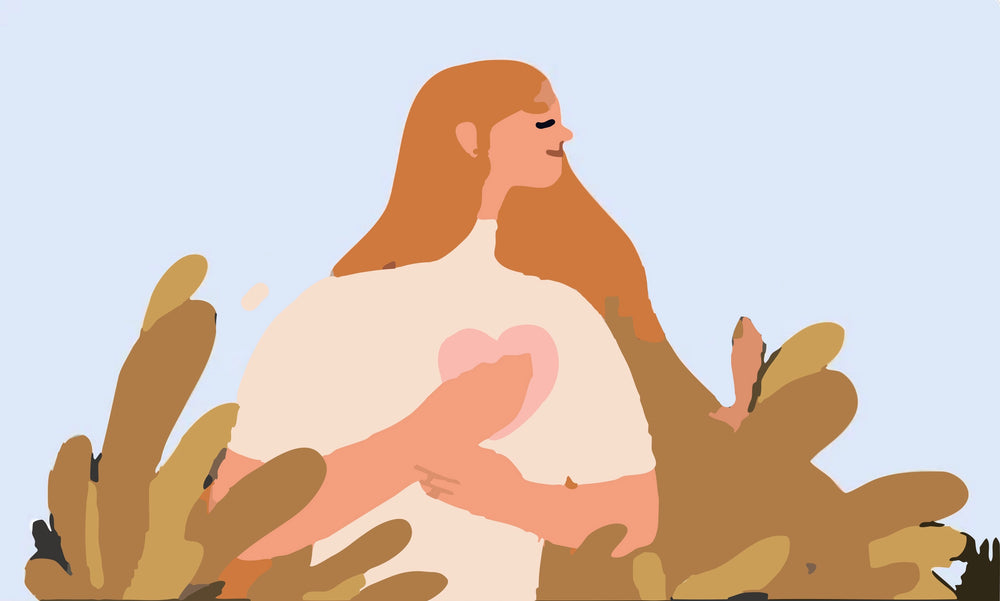

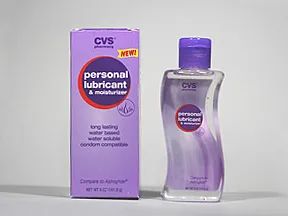
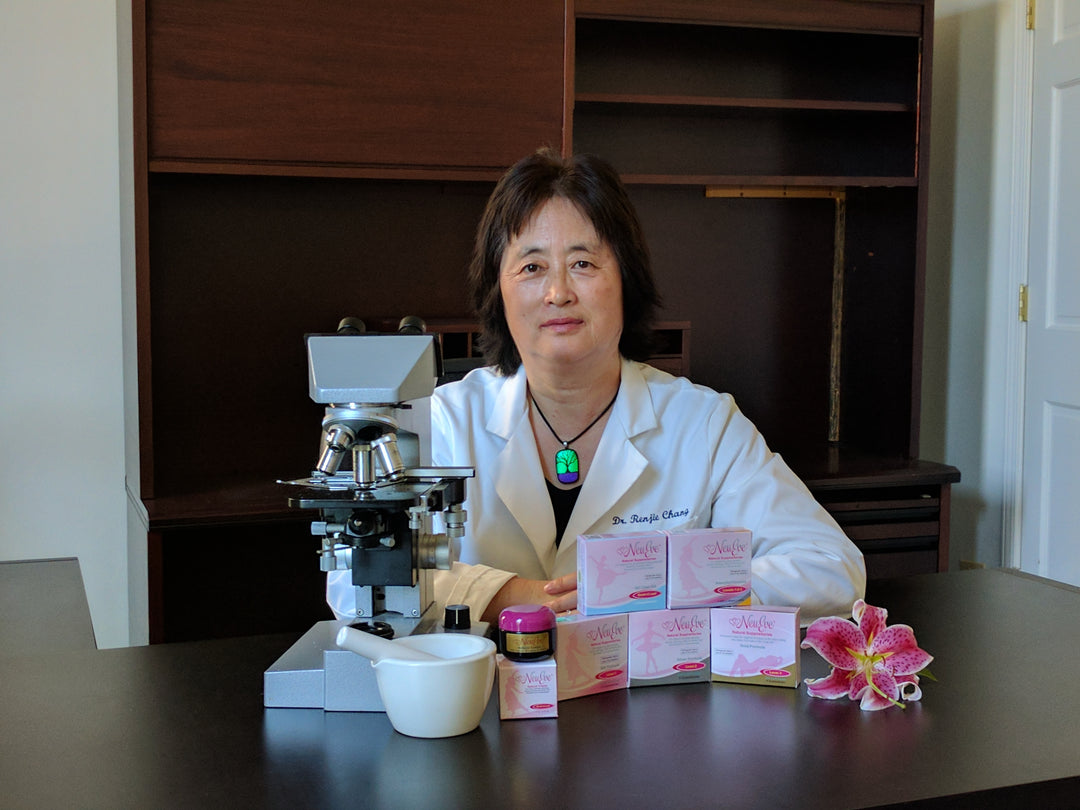
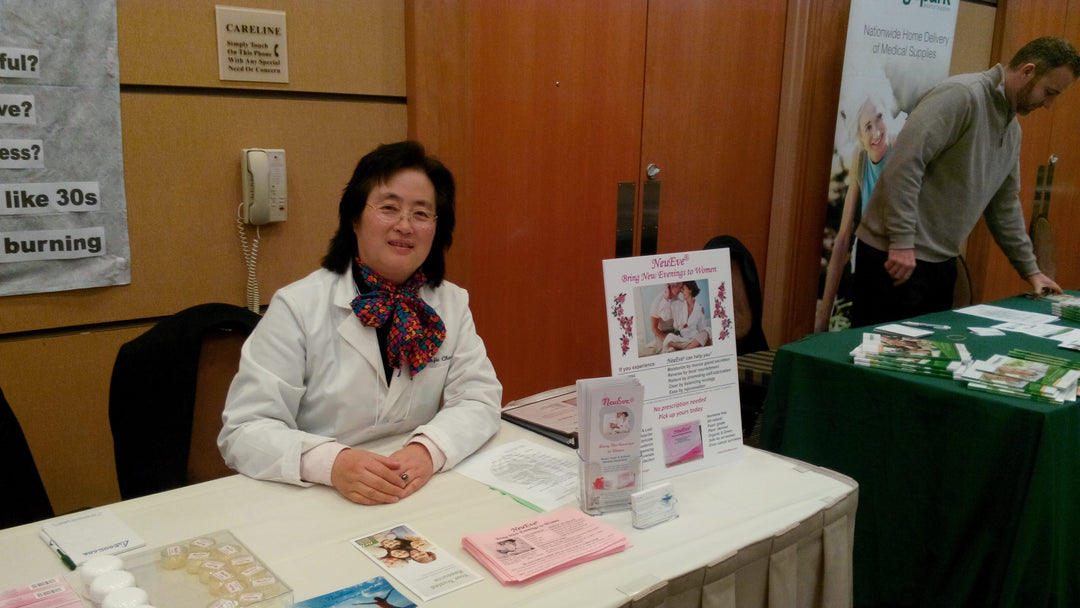





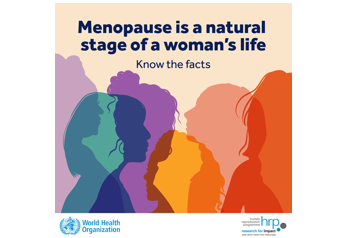
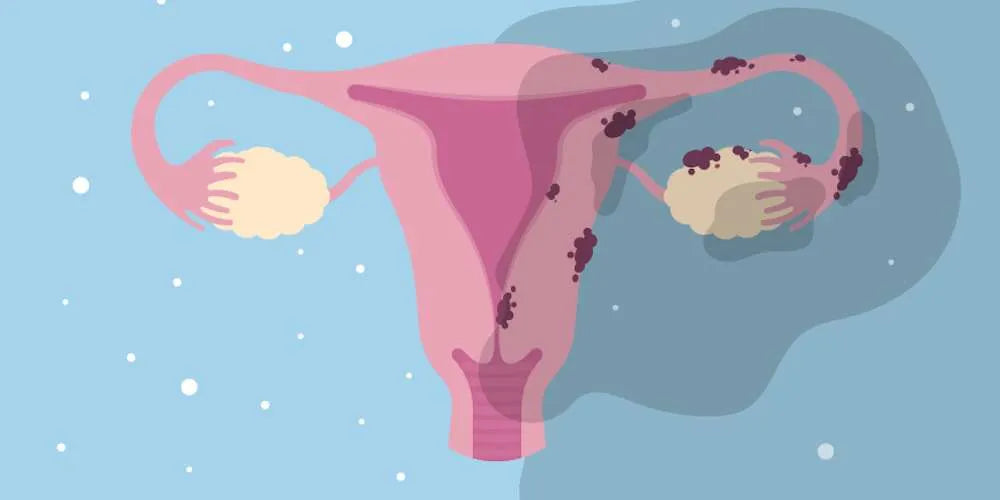
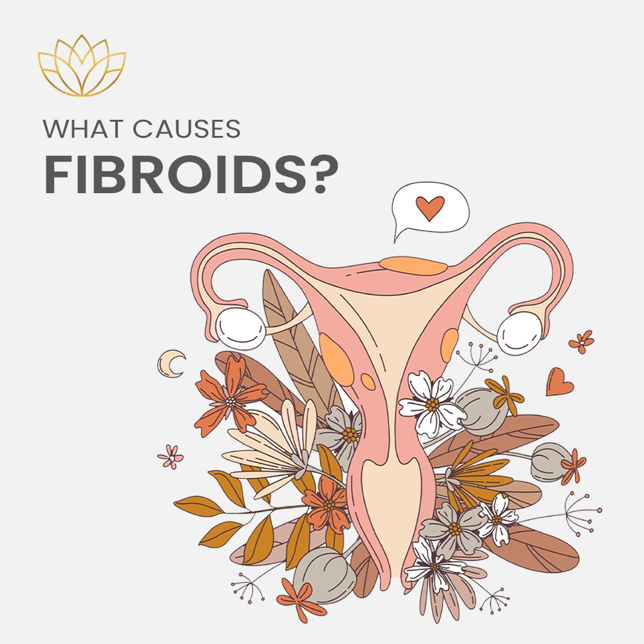
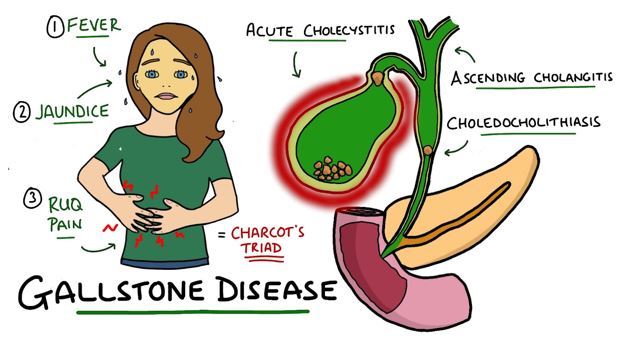


I have no uterus, removed 6 yrs ago. Recently my bladder has dropped. I dont have alot of incontance but wear a pad always. Constipation or diareah have been issues. My bladder has severly fallen. I can see a whitesh, slightly pink ball like skin when using a mirror. I take a hormone balance liquid as I have no uterus. The bladder muscles have been weakening in the last 2 yrs and the bladder looks to have fallen. I assume you can recommend trying your products. Which ones, pkease, I am over 60.
Hi,
Would it be possible to refer a calcium, d3, K2 supplement. I was looking for one with your suggested dosages and it is overwhelming. Do you have a brand you suggest. Also, is it good to add collagen supplement? If so do you have a brand? I know so much goes into picking high quality. I just placed my first order of silk and feeling fortunate I found you. Fingers crossed! Thank you so much!
Leave a comment